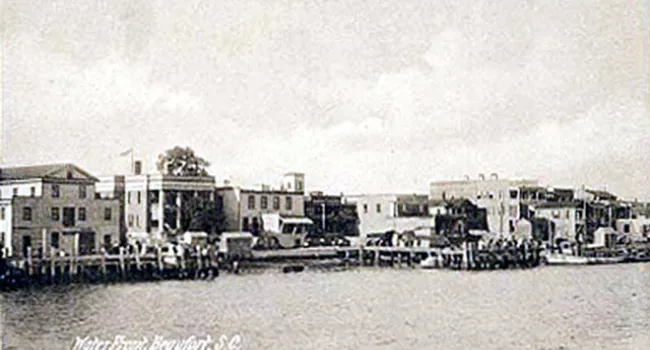
Photo
The Beaufort waterfront in as it appeared in 1906. Courtesy of the South Caroliniana Library.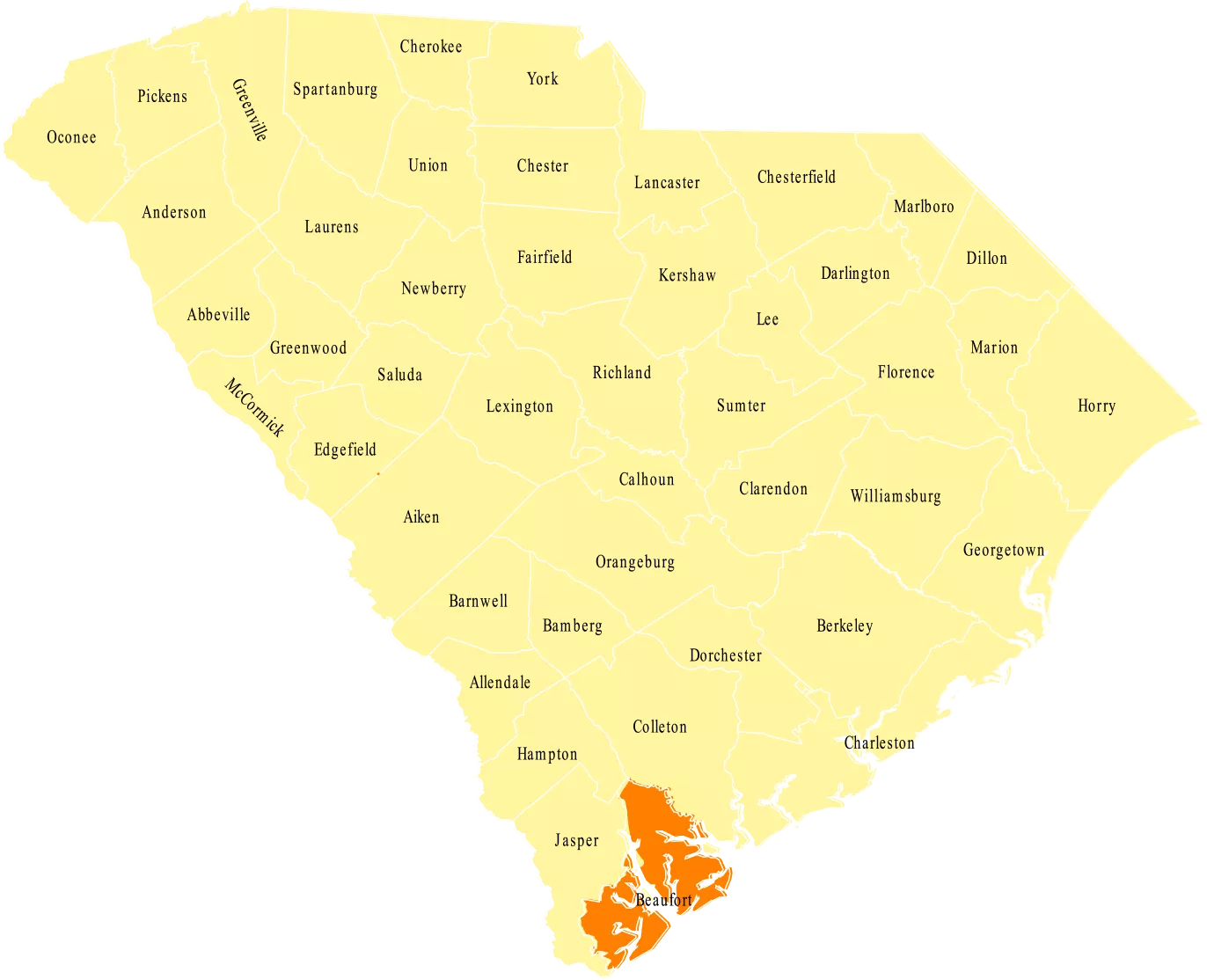
Beaufort County lies in the South Carolina Lowcountry. Tourism is important to the county, as many visitors flock to the area to enjoy coastal waters, barrier islands, wildlife, and historic small towns. A number of notable people have called Beaufort County home, including author Pat Conroy and boxer Joe Frazier. The presence of Gullah culture also characterizes the region. Beaufort, one of the state’s oldest towns, serves as the county seat.
Frenchmen, Englishmen, and Spaniards all attempted to settle in Beaufort County. Comprised of the St. Peter, St. Helena, St. Luke, and Prince William parishes, Beaufort District was created in 1769 and “named for Henry Somserset, Duke of Beaufort.” Points of historical interest in Beaufort County include a number of plantations, the Penn Center, and Parris Island.
About Beaufort County, SC. Accessed June 01, 2016.

Photo
The Beaufort waterfront in as it appeared in 1906. Courtesy of the South Caroliniana Library.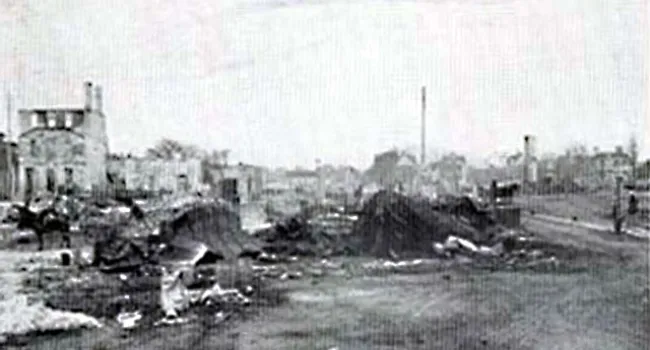
Photo
Fire damage to Sherper's Wharf in Beaufort, 1907. Courtesy of the South Caroliniana Library.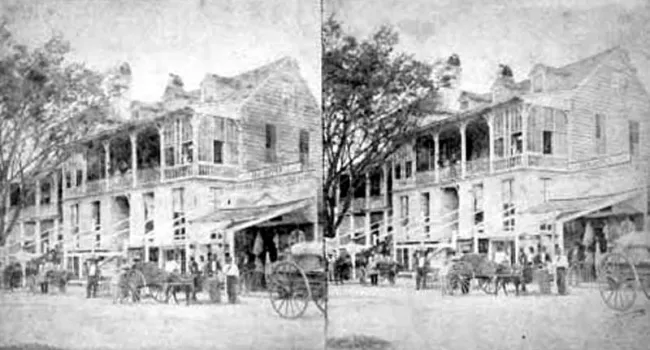
Photo
Downtown Beaufort in the 1860s. Courtesy of the South Caroliniana Library.
Audio
In the Fall of 2016, the Newberry Opera House, in partnership with the Pat Conroy Literary Center, presented a special night in honor of the late author, Pat Conroy. The evening featured Conroy's...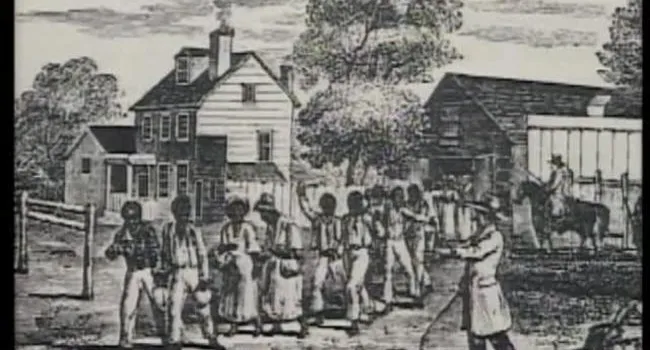
Video
Plantation owners demanded more than just obedience from their slaves. They also demanded things like loyalty, respect, love, and duty. Whippings, and solitary confinement, were common punishments for...
Video
The "Slave Task System" was a widely adopted system in which each worker would have a set of tasks to complete on a daily basis.
Video
Several dangers to rice crops included hurricanes, floods from the mountains, and swollen rivers. Damage ranged from minor, to total devastation. Animals, such as rice weevils, crows, and ducks, also...
Video
From May until November, white plantation owners moved further in-land, in order to escape the "country fever" diseases, such as Malaria and Cholera. Those two diseases took a heavy toll on the human...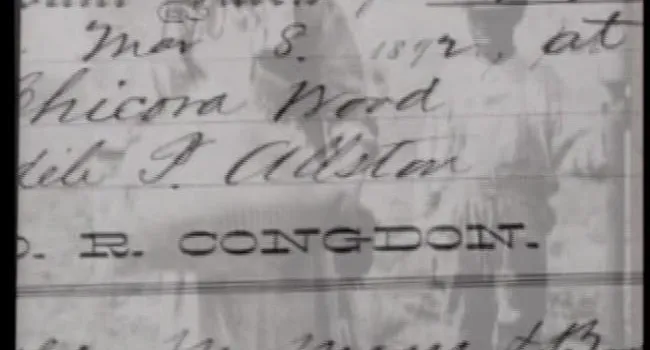
Video
"Carolina Gold" was considered the favored variety of rice. This clip describes how the colonial economy boomed as a result of rice.
Video
Before the American Revolution, the 300 mile coast line of South Carolina was known as the "Kingdom of Rice." Charleston was considered the richest city in Colonial America.